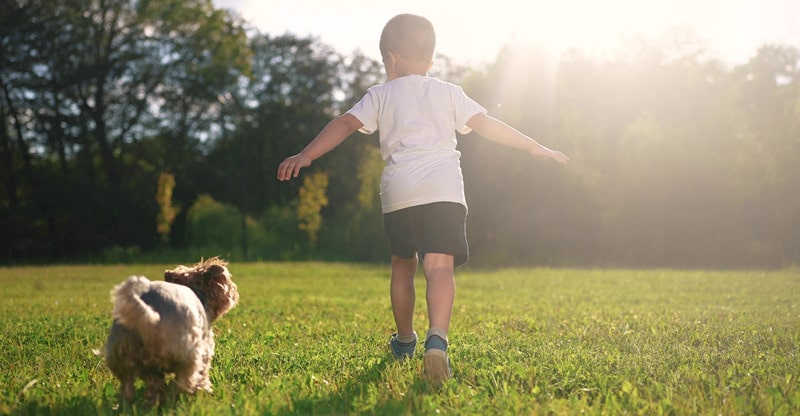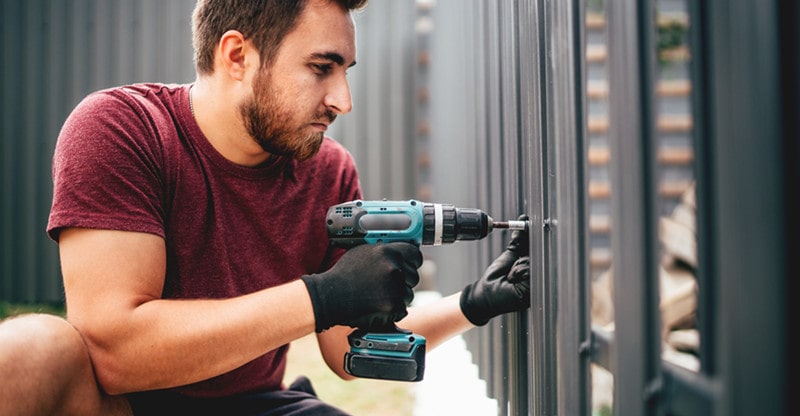Pets provide wonderful opportunities for children to learn important life skills like responsibility, empathy, and caregiving. Getting a pet can be a fun and rewarding way for kids to take on more mature roles. Here are some of the key reasons why pets are so beneficial for teaching children responsibility. ...READ THE FULL STORY FROM SOURCE ↔️
Taking Care of a Pet’s Basic Needs
Caring for a pet gives children hands-on experience with being responsible for another living thing. They learn that pets are dependent on them for their basic needs. Tasks like remembering to feed, water, and groom a pet on a regular schedule help kids understand the importance of providing consistent care. Remembering to clean up after a pet also teaches accountability. With supervision, even young children can help with age-appropriate chores like filling water bowls and brushing fur. Mastering these essential responsibilities promotes a sense of maturity and self-confidence.
Establishing a Routine
Pets thrive on predictable schedules and routines. Children can participate in developing and maintaining a daily routine for walking, playing with, feeding, and caring for a family pet. Making sure they stick to this schedule teaches kids the value of structure, reliability, and time management. It also boosts organisational skills. For example, remembering to feed a pet before school requires kids to plan ahead. Keeping a pet’s routine even when busy or distracted takes commitment and diligence – great traits for children to practice.
Providing Enrichment
In addition to basic needs, pets require exercise, play, training, grooming, and quality time with their human companions. Supervising kids as they interact with pets encourages empathy and helps them understand that animals have complex physical and emotional needs. Giving a pet adequate playtime and enrichment despite other distractions demonstrates unselfishness to children. It also boosts kids’ sense of duty to others dependent on their care.
Teaching New Skills
The responsibilities of pet care give kids the chance to gain new skills. For instance, children can learn to properly handle and groom a pet while also gaining patience. Training a pet takes consistency and creativity – great skills for kids to practice. Caring for aquarium fish involves monitoring water chemistry and maintaining filtration systems. Looking after horses provides experience with equine body language while building physical confidence and coordination. No matter the pet, caring for them inevitably involves acquiring new talents.
Modelling Responsible Pet Ownership
More than anything, parents, foster carers, and guardians demonstrate responsibility through their own pet care actions. When children witness adults prioritising a pet’s needs, scheduling vet visits, training classes, etc., it sets a standard of dedicated care. Kids will mimic and take pride in acting out the responsible behaviours modelled by parents, reinforcing conscientious habits.
If you are fostering in Milton Keynes, note that some children may have allergies to pets, so bear this in mind before you add a cat or dog to your family.
Pets provide children with an accessible, hands-on way to learn responsibility. The basic duties of caring for a dependent animal build important life skills. With guidance from parents, the lessons kids learn from pets will stay with them for life. The habits and maturity gained will benefit them well beyond childhood....For More READ THE FULL STORY ▶▶




